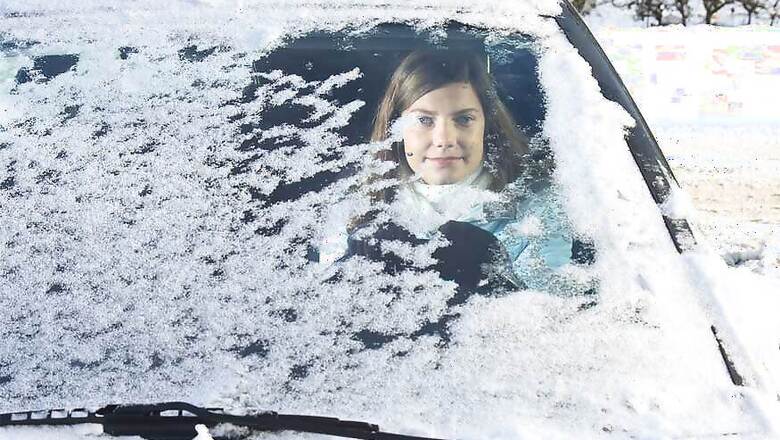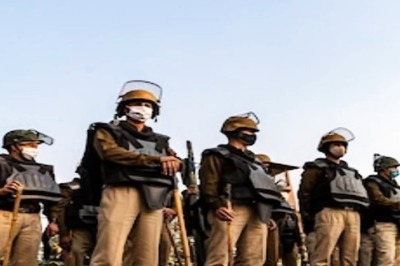
views
After pummeling parts of northeastern US and moving towards Atlantic Canada, the bomb cyclone is expected to leave in its wake a brutal cold snap that will continue to cause travel headaches.
Be it air or road traffic, travellers should brace themselves for more delays and derailed plans this winter, which is predicted to be one of the coldest in recent years.
To pre-empt travel hiccups, prepare for the unexpected by adopting some of the winter travel tips offered by the Travel Leaders Group, a traditional travel agency with 7,000 agency locations across the US, Canada, UK, Ireland and Australia.
"Winter travel and weather-related delays often go hand in hand, from heavier traffic on the highways to delayed or canceled flights," said CEO Ninan Chacko in a statement.
"However, the unexpected challenges need not stress out travellers with a little added planning and some advice from a seasoned travel agent."
Stay up-to-date on your mobile phone
Subscribe to weather apps like The Weather Channel or Accuweather and the airline you're flying with, to receive the most accurate, up-to-date information. That means receiving notices in real-time so you don't leave for the airport hours in advance, only to learn upon arrival that your flight has been canceled.
Pack a winter safety kit
Be prepared for weather-related delays with a just-in-case kit that includes a blanket scarf or lightweight sweater for chilly airport waits, protein and energy bars, change of underwear, toiletry kit and any prescription meds. If you're hitting the road, add to that a flashlight, extra batteries, phone charger, and first aid kit.
Take the road well-travelled
Now is not the time of year to take the backroads and scenic route. When driving, stick to major roads and highways which are more likely to be well plowed and maintained. Likewise, if you get stuck, emergency crews and road-side assistance can find you more easily. Travel during daylight hours, when car repair shops and convenience stores are more likely to be open. And If you do end up stranded in your car, try not to leave the engine running too long -- once or twice an hour to stay warm so that once help arrives, you still have enough gas to drive away.
Fly out of larger airports
If your flight is booked during peak winter season, try to fly out of a larger international airport, where travellers have a greater chance of being rebooked on an alternate flight. Bigger airports are also better equipped to clear runways faster and are more efficient at de-icing planes. Travelling with just a carry-on bag also puts you in a better position to change flights in the event of a cancelation.

















Comments
0 comment